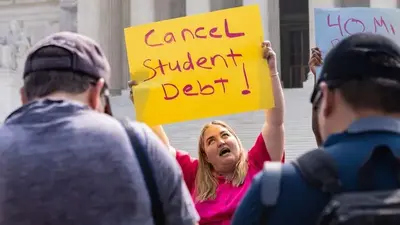Politics
Supreme Court sets new limits on affirmative action programs in landmark ruling
The Supreme Court on Thursday set new limits on affirmative action programs in cases involving whether public and private colleges and universities can continue to use race as one factor among many in student admissions.
The court held, in an opinion written by Chief Justice John Roberts, that Harvard and UNC's admissions programs violate the equal protection clause of the 14th Amendment.
MORE: Affirmative action: What to know about the Supreme Court cases
The vote was 6-3 in the UNC case and 6-2 in the Harvard case, due to the recusal of Justice Ketanji Brown Jackson. Jackson had served on the board of overseers at Harvard, where she earned her undergraduate and law degrees.
Jackson, Justices Sonia Sotomayor and Elena Kagan dissented in the two cases.
What the court said
The blockbuster cases put affirmative action, which has been used for decades by colleges and universities to address inequality and diversify their campuses, in the spotlight. The Supreme Court had repeatedly ruled since 1978 schools may consider the race of applicants in pursuing educational benefits from a diverse student body, so long as it was one factor among many considered and the schools did not use a quota system.
Students for Fair Admissions, a conservative group, sued Harvard University and the University of North Carolina over their race-conscious admissions programs, alleging intentional discrimination toward Asian American applicants.
The Supreme Court ruled in favor of the group in a decision that will have major ramifications for the college admissions process in the U.S.
"Both programs lack sufficiently focused and measurable objectives warranting the use of race, unavoidably employ race in a negative manner, involve racial stereotyping, and lack meaningful end points," Roberts wrote. "We have never permitted admissions programs to work in that way, and we will not do so today."
What it means
The court's decision undercuts more than 40 years of legal precedent that had allowed colleges and universities to use race as one of many factors in evaluating applicants and building a diverse student body.
The ruling appears to preserve consideration of race in a narrowly tailored way, as in through an individual applicant's essay or narrative.
"At the same time, as all parties agree, nothing in this opinion should be construed as prohibiting universities from considering an applicant's discussion of how race affected his or her life, be it through discrimination, inspiration, or otherwise," Roberts continued.

The court said that it has "permitted race-based admissions only within the confines of narrow restrictions. University programs must comply with strict scrutiny, they may never use race as a stereotype or negative, and -- at some point -- they must end."
MORE: Supreme Court affirmative action decision could impact racial equity in higher ed
Students for Fair Action celebrated the court's decision and said it intends to litigate should schools "defiantly flout this clear ruling."
UNC, in a statement, said while it's not the decision it had hoped for, it will take steps to comply with the law and ensured the school remains "committed bringing together talented students with different perspectives."
The dissents
Justice Sotomayor said the court's decision "rolls back decades of precedent and momentous progress." Sotomayor, who has praised the benefits of affirmative action in her life and career, read her dissent aloud from the bench.
"It holds that race can no longer be used in a limited way in college admissions to achieve such critical benefits," she wrote. "In so holding, the court cements a superficial rule of colorblindness as a constitutional principle in an endemically segregated society where race has always mattered and continues to matter."
Justice Jackson, the first Black woman to serve on the court, accused the majority of a "let-them-eat-cake obliviousness" on the issue of race.
"But deeming race irrelevant in law does not make it so in life," Jackson wrote in a strong dissent from the UNC decision. "And having so detached itself from this country's actual past and present experiences, the Court has now been lured into interfering with the crucial work that UNC and other institutions of higher learning are doing to solve America's real-world problems."
-
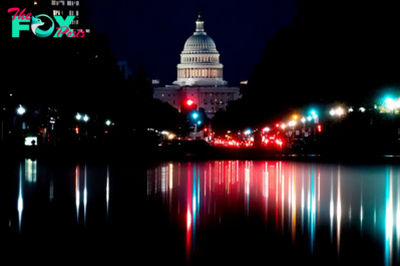
 Politics3h ago
Politics3h agoRepublicans on Path to Retake Control of the Senate
-

 Politics3h ago
Politics3h agoSarah McBride Becomes First Openly Transgender Member of Congress
-

 Politics5h ago
Politics5h agoMAGA Women and Latino Vote Knockout Kamala Harris And Democrats: Black America Responds To Trump Win
-

 Politics9h ago
Politics9h agoMark Robinson Loses North Carolina Governor’s Race
-
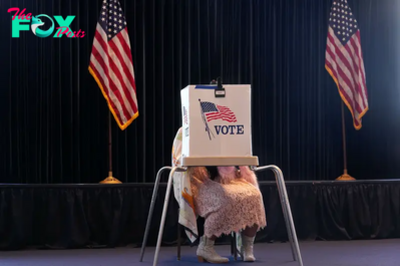
 Politics9h ago
Politics9h agoThe Best Photos From the 2024 Election Day
-

 Politics14h ago
Politics14h agoWatch Live: TIME’s 2024 Election Night Coverage and Results
-
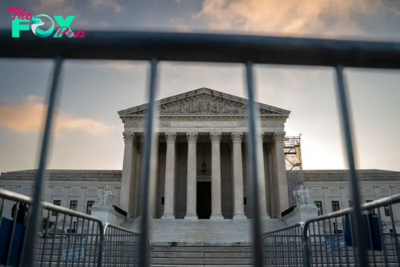
 Politics14h ago
Politics14h agoThe Election Cases That Could Matter After the Polls Close
-
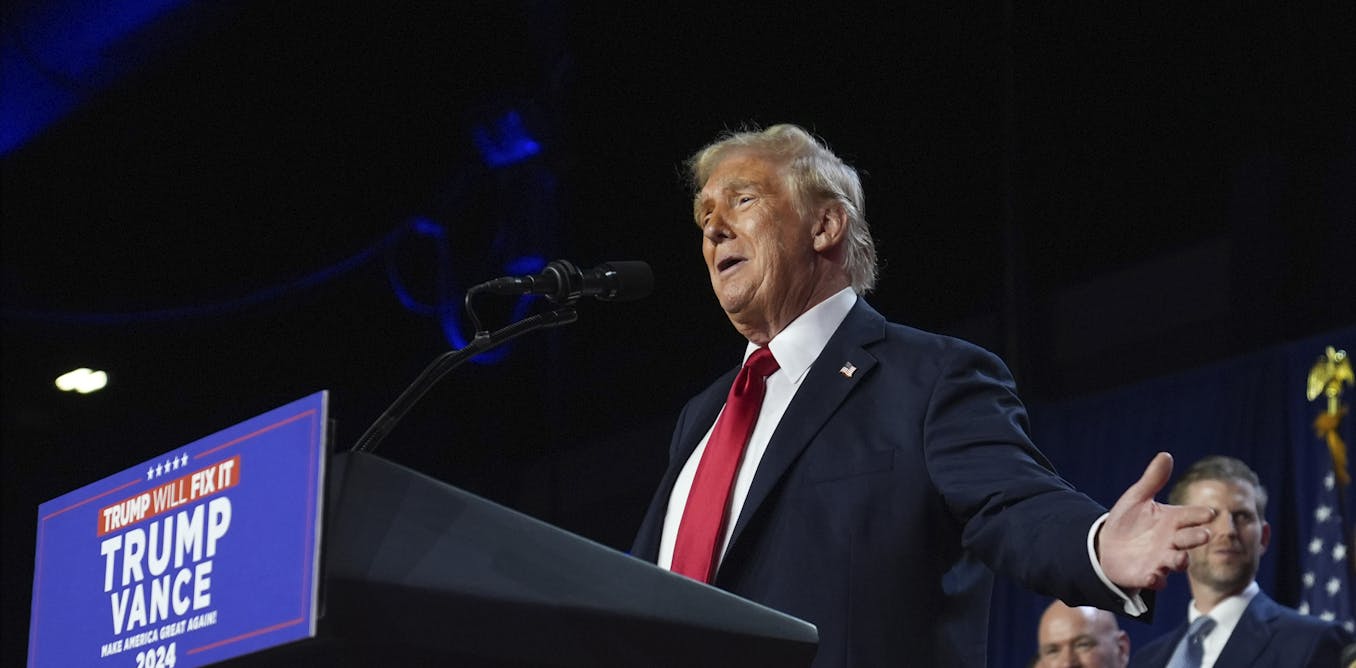
 Politics16h ago
Politics16h agoTrump’s comeback victory, after reshaping his party and national politics, looks a lot like Andrew Jackson’s in 1828


